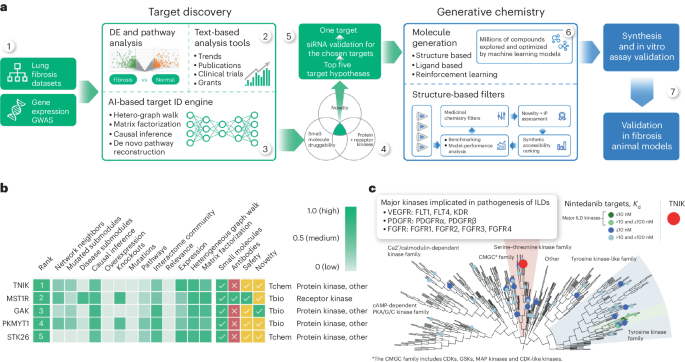The study was calculated under three different climate change carbon dioxide scenarios – low, medium and worst-case.
Findings suggest that under a medium emissions scenario, some reefs may keep pace with sea-level rise by growing – but only for a short while.
The projections show that even under the low-impact case, reefs will suffer severely reduced growth, or accretion rates.
Co-author, Professor Morgan Pratchett says significant action is required to reduce the impact carbon dioxide emissions have.
“The threat posed to coral reefs by climate change is already very apparent, based on recurrent episodes of mass coral bleaching,” Professor Pratchett said.
“But changing environmental conditions will have other far-reaching consequences.
“Saving coral reefs requires immediate and drastic reductions in global carbon emissions.”
Source: AP
His colleague Dr Scott Smithers says that by the year 2100 reefs worldwide could face crippling scenarios under intermediate impact projections.
“All reefs around the world will be eroding by the end of the century under the intermediate scenario,” Dr Smithers said.
“This will obviously have serious implications for reefs, reef islands, as well as the people and other organisms depending upon coral reefs.”
The study by JCU gives broader projections of ocean warming and acidification, including their interactions on the carbonate production of coral reefs.
The effect of warming oceans brings more marine heatwaves which then cause mass coral bleaching.
Ocean acidification affects the ability of calcifying corals to form their calcium carbonate skeletons, with warming waters also reducing calcification.
Data from the study came from the world’s largest oceans and was measured from 233 locations across 183 distinct reefs.
The data was then modelled against three climate change emissions scenarios for low, medium and high-impact outcomes on ocean warming and acidification for 2050 and 2100.
Note: This article have been indexed to our site. We do not claim ownership or copyright of any of the content above. To see the article at original source Click Here












